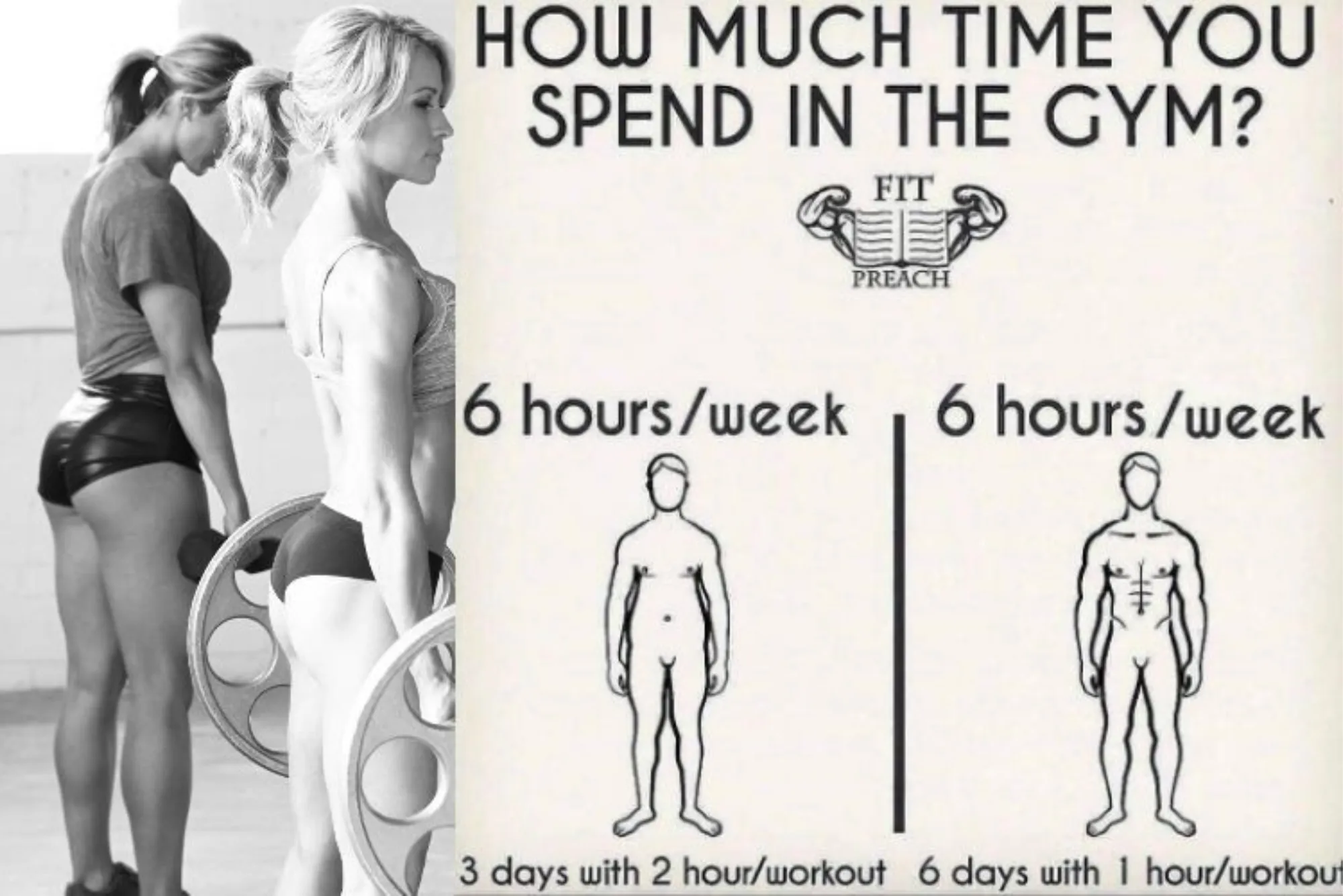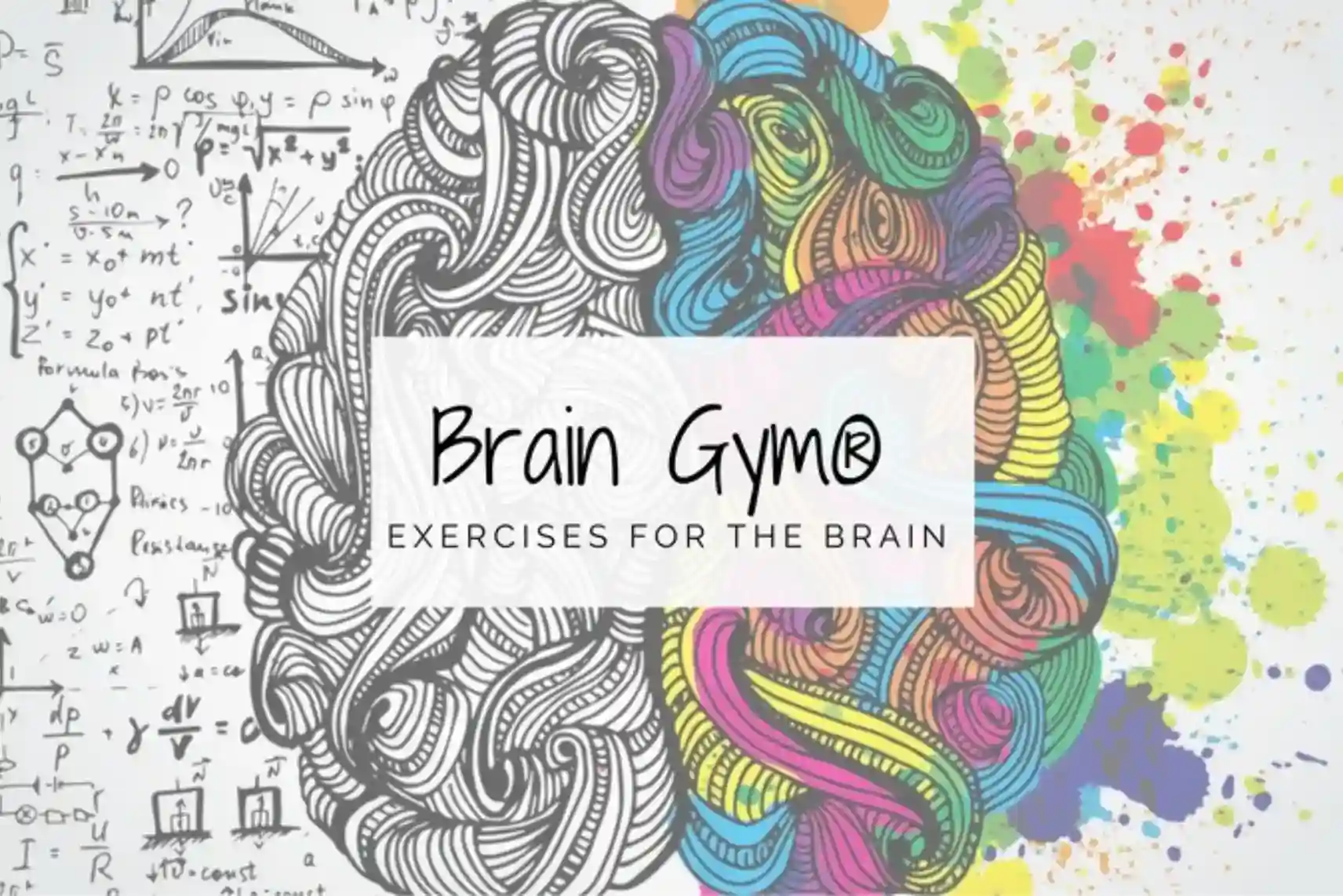In today’s fast-paced world, maintaining a healthy lifestyle is paramount. Exercise plays a crucial role in this endeavor, with gyms serving as hubs for physical activity and wellness. As fitness trends like CrossFit gain traction and health support facilities like iCare Clinic Mankhool become increasingly accessible, it’s essential to address a common question: How much time should one spend in the gym?
Understanding Your Fitness Goals
Embarking on a fitness journey without clearly defined goals is akin to setting sail without a destination. Understanding your fitness goals is the foundational step towards crafting an effective workout plan and determining the appropriate amount of time to spend in the gym.
Clarity Breeds Success
First and foremost, take the time to articulate your fitness aspirations. Are you looking to shed excess weight, sculpt lean muscle, enhance endurance, or simply improve overall health and well-being? Each goal requires a tailored approach, and the time investment in the gym will vary accordingly.
Setting SMART Goals
It’s not enough to have vague notions of what you want to achieve. Utilize the SMART criteria to refine your goals: Specific, Measurable, Achievable, Relevant, and Time-bound. For example, instead of saying, “I want to get in shape,” a SMART goal would be, “I aim to lose 10 pounds in three months by attending CrossFit classes three times a week and following a balanced diet.”
Reflecting on Personal Motivations
Dig deeper into the motivations behind your fitness goals. Are you seeking to improve confidence, boost energy levels, or set a positive example for your loved ones? Understanding the emotional drivers behind your objectives can provide added motivation to stay committed when the going gets tough.
Considering Lifestyle Factors
Take into account your current lifestyle and commitments when defining your fitness goals. A busy professional may have different priorities and time constraints compared to a stay-at-home parent or a student. By acknowledging these factors, you can set realistic expectations and tailor your workout regimen to fit seamlessly into your life.
Seeking Professional Guidance
If you’re unsure about how to define your fitness goals or where to start, don’t hesitate to seek guidance from fitness professionals or health experts. Facilities like iCare Clinic Mankhool offer personalized consultations to help individuals assess their current health status, set realistic goals, and develop a comprehensive plan for achieving them.
Quality Over Quantity
In the pursuit of fitness goals, it’s easy to fall into the trap of equating success with the sheer amount of time spent in the gym. However, the reality is that the quality of your workouts far outweighs the quantity of hours logged. This principle holds true whether you’re hitting the weights, pounding the pavement, or sweating it out in CrossFit gyms near you.
Efficiency Is Key
Rather than aimlessly lingering in the gym for hours on end, focus on maximizing the efficiency of your workouts. High-intensity interval training (HIIT) and circuit training are excellent examples of time-efficient exercise modalities that deliver maximum results in minimal time. By incorporating these techniques into your routine, you can achieve greater gains in strength, endurance, and overall fitness in a fraction of the time.
Intensity Trumps Duration
When it comes to exercise, intensity trumps duration. A short, intense workout can yield superior results compared to a prolonged, low-intensity session. For example, a 20-minute HIIT workout consisting of sprints, burpees, and kettlebell swings can torch calories, boost metabolism, and improve cardiovascular health more effectively than an hour-long steady-state cardio session on the treadmill.
CrossFit: A Paradigm of Efficiency
CrossFit exemplifies the principle of quality over quantity. The hallmark of CrossFit workouts is their intensity and variety, combining elements of weightlifting, gymnastics, and metabolic conditioning into fast-paced, high-intensity routines. In CrossFit gyms near you, you’ll find athletes pushing their limits, striving for optimal performance in short, intense bursts of activity. By embracing the CrossFit ethos, you can experience firsthand the transformative power of quality-driven workouts.
Avoiding the Pitfalls of Overtraining
Spending excessive time in the gym not only yields diminishing returns but also increases the risk of overtraining and injury. By prioritizing quality over quantity, you can avoid burnout, prevent overuse injuries, and maintain long-term consistency in your fitness regimen. Remember, it’s not about how long you spend in the gym, but how effectively you utilize that time to challenge your body, stimulate growth, and achieve your desired outcomes.

Factors Influencing Gym Time
Several factors influence the optimal duration of your gym sessions. Your fitness level, age, and the intensity of your workouts all play a role. Beginners may start with shorter sessions and gradually increase duration as they progress. It’s also crucial to factor in rest days for recovery and injury prevention.
Tailoring Your Workout Routine
When it comes to achieving fitness goals, one size certainly does not fit all. Your workout routine should be as unique as you are, taking into account your goals, preferences, schedule, and physical capabilities. Tailoring your workout regimen ensures that it aligns with your individual needs and sets you up for long-term success, whether you’re hitting the weights, pounding the pavement, or exploring the dynamic world of CrossFit gyms near you.
Customizing Your Approach
The beauty of fitness lies in its versatility. With countless exercise modalities and training techniques available, there’s no shortage of options when it comes to crafting your workout routine. Begin by identifying activities that resonate with you and align with your goals. Whether you prefer the camaraderie of group fitness classes, the solitude of solo workouts, or the thrill of competitive sports, there’s something for everyone.
Setting Clear Objectives
Before diving into your workout routine, take the time to define your objectives. Are you looking to build strength, improve cardiovascular fitness, enhance flexibility, or all of the above? Establishing clear goals provides a roadmap for your fitness journey and helps you stay focused and motivated along the way. Consider consulting with fitness professionals, such as trainers at CrossFit gyms near you, to help refine your goals and develop a plan of action.
Balancing Strengths and Weaknesses
A well-rounded workout routine addresses both your strengths and weaknesses. While it’s tempting to focus solely on activities you excel at, neglecting areas of improvement can lead to imbalances and hinder overall progress. Incorporate a variety of exercises that target different muscle groups and movement patterns to ensure comprehensive development and minimize the risk of injury.
Flexibility and Adaptability
Life is unpredictable, and your workout routine should be flexible enough to accommodate changes in schedule, energy levels, and priorities. Rather than adhering rigidly to a predetermined plan, be willing to adapt and adjust as needed. This may involve swapping out exercises, modifying workout intensity, or incorporating active recovery days to prevent burnout and promote recovery.
Finding Your Fit
Experimentation is key to finding the perfect fit for your workout routine. Don’t be afraid to try new activities, explore different fitness modalities, and step outside your comfort zone. Whether it’s joining a CrossFit gym, experimenting with yoga, or taking up a new sport, the journey to finding your ideal workout routine is as much about exploration and discovery as it is about sweat and effort.

Listening to Your Body
In the pursuit of fitness goals, it’s easy to get caught up in the relentless pursuit of progress, often at the expense of our own well-being. However, tuning in to the signals that our bodies send us is essential for maintaining balance, preventing injury, and sustaining long-term health and fitness. Whether you’re pushing through a grueling workout or seeking professional guidance at iCare Clinic Mankhool, prioritizing self-awareness and self-care is paramount.
Understanding Bodily Signals
Our bodies are incredibly adept at communicating with us, providing valuable feedback through sensations such as fatigue, soreness, and discomfort. Rather than ignoring these signals or pushing through pain, it’s essential to pay attention and heed their warnings. For example, persistent joint pain may indicate overuse or improper form, while chronic fatigue could signal inadequate rest or recovery.
The Importance of Rest and Recovery
Rest and recovery are essential components of any effective fitness regimen, yet they are often overlooked or undervalued in our quest for progress. Ignoring the need for rest can lead to burnout, overtraining, and increased risk of injury. By listening to your body’s cues and incorporating rest days into your routine, you allow muscles to repair and regenerate, optimize hormone balance, and replenish energy stores.
Modifying Intensity and Volume
While pushing past our comfort zones is a necessary part of growth, there are times when it’s equally important to dial back the intensity and volume of our workouts. This could mean reducing weight, lowering intensity, or shortening duration to accommodate fatigue, illness, or other stressors. By practicing moderation and moderation, you can avoid pushing your body beyond its limits and promote sustainability in your fitness journey.
Seeking Professional Guidance
When in doubt, don’t hesitate to seek professional guidance from experts at iCare Clinic Mankhool or other healthcare providers. Whether you’re experiencing persistent pain, struggling with fatigue, or simply unsure about how to interpret your body’s signals, trained professionals can offer valuable insights and recommendations to help you stay on track and avoid injury.
Embracing Mindful Movement
Incorporating mindfulness practices into your workouts can also enhance your ability to listen to your body and cultivate a deeper connection between mind and muscle. Paying attention to your breath, focusing on proper form, and tuning in to physical sensations can help you better understand your body’s needs and respond accordingly.
Finding a Balance
While exercise is important, it shouldn’t overshadow other aspects of your life. Strive for a balanced approach that integrates fitness into your daily routine without neglecting work, relationships, or self-care. Remember, consistency and sustainability are key to long-term success.
In conclusion, there’s no magic number when it comes to gym time. Instead, focus on aligning your workouts with your goals, listening to your body, and maintaining balance in all aspects of life. Whether you’re hitting the CrossFit gym or seeking guidance from health professionals at iCare Clinic Mankhool, prioritize what works best for you on your journey to better health and fitness.











